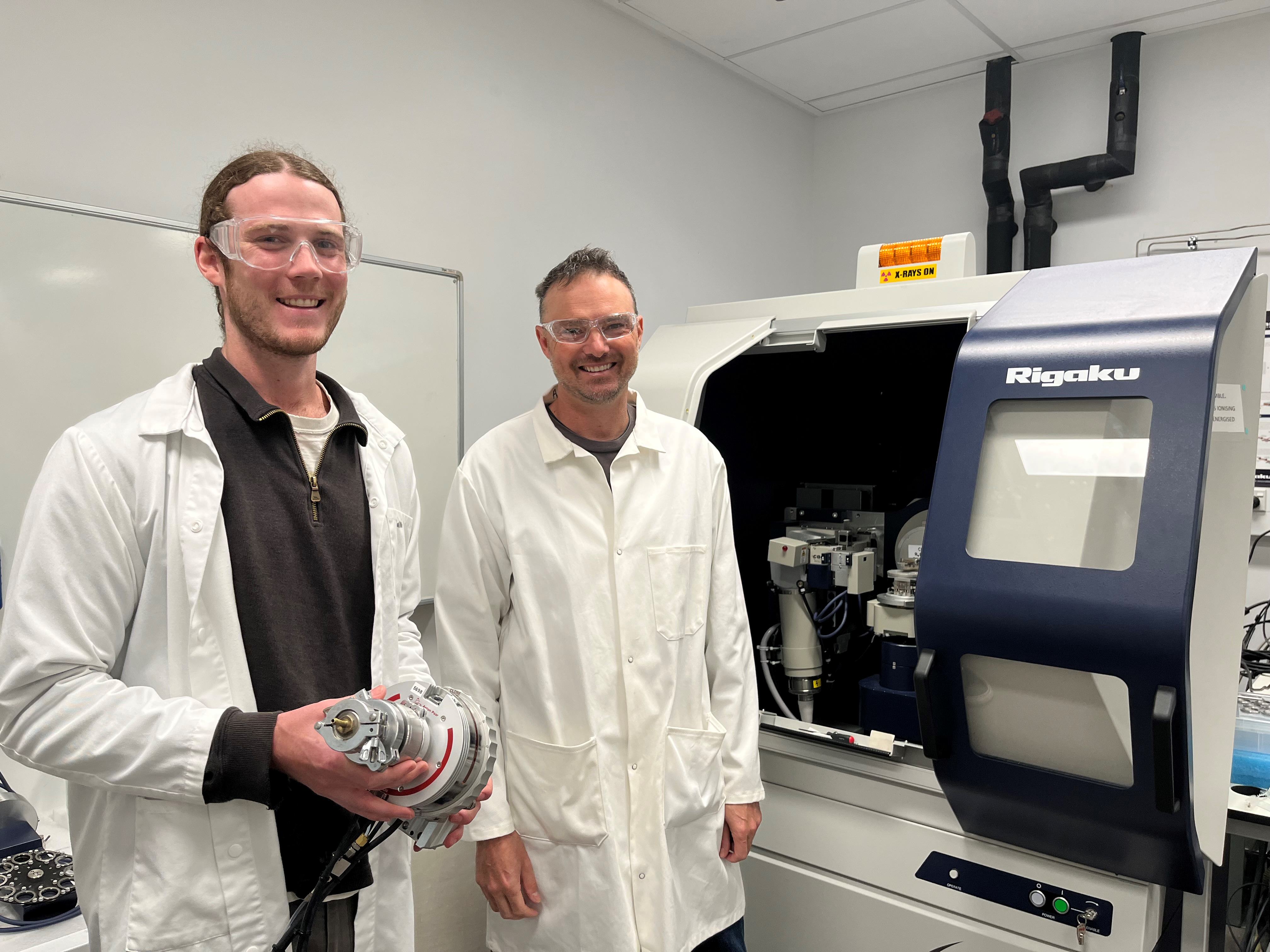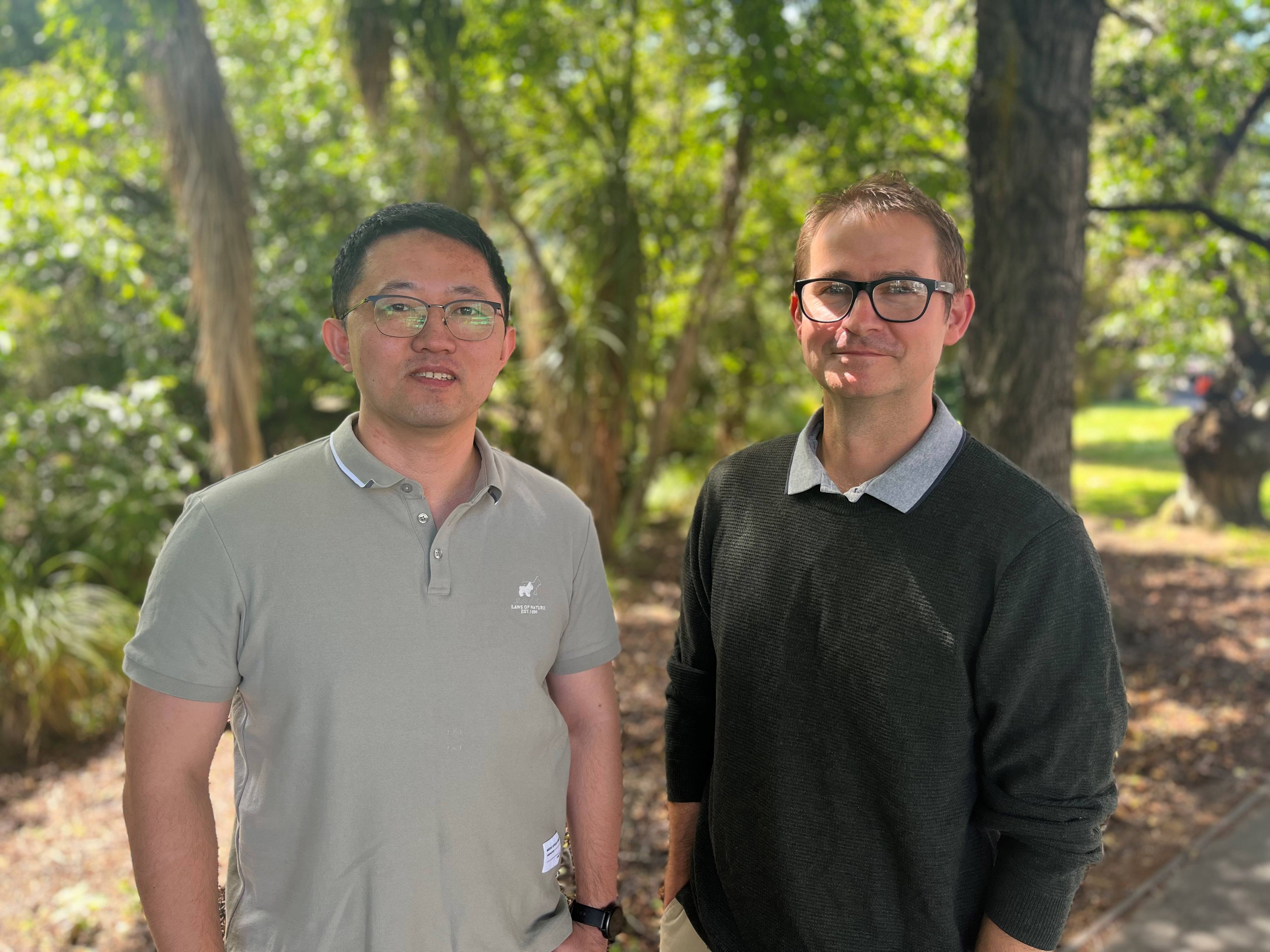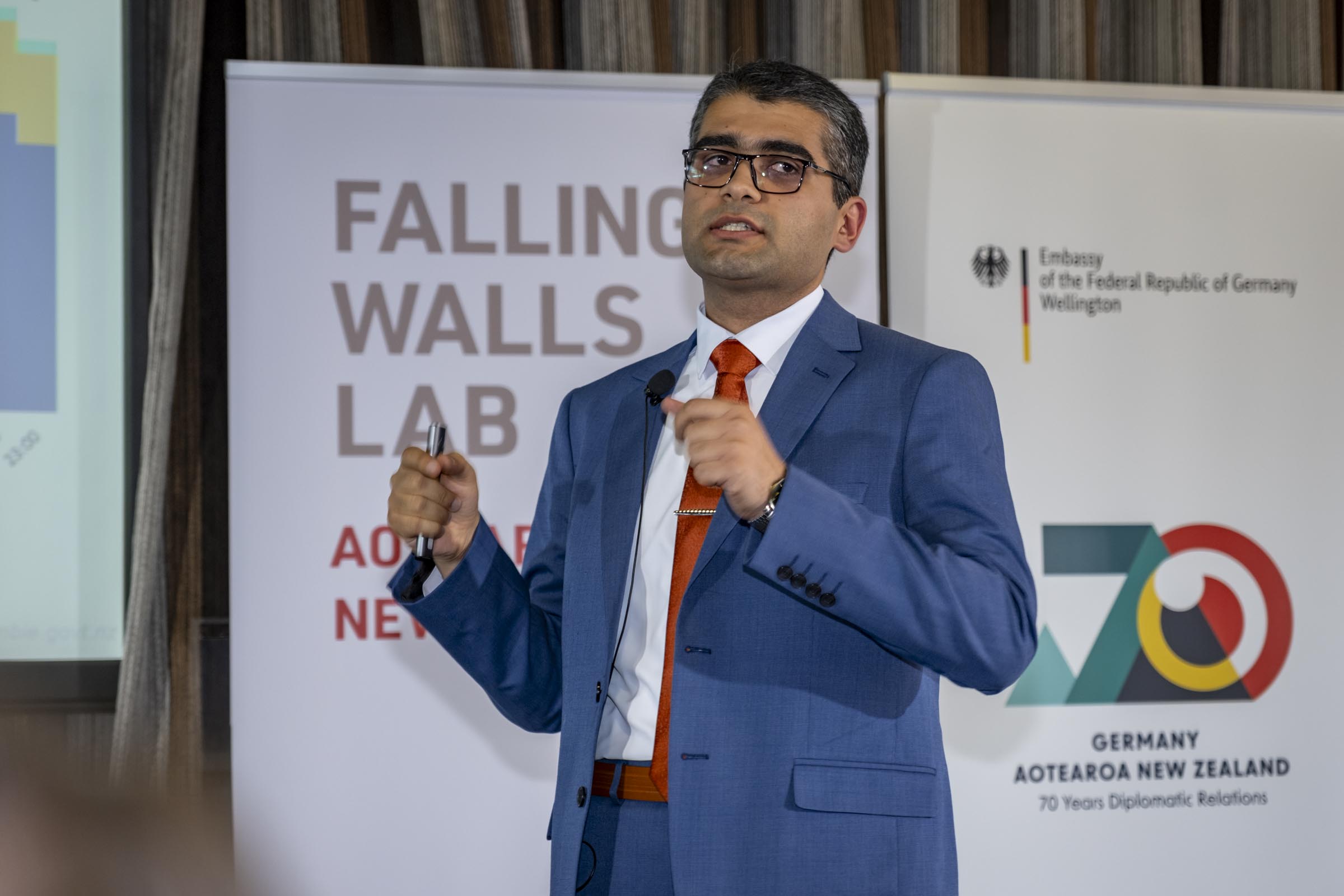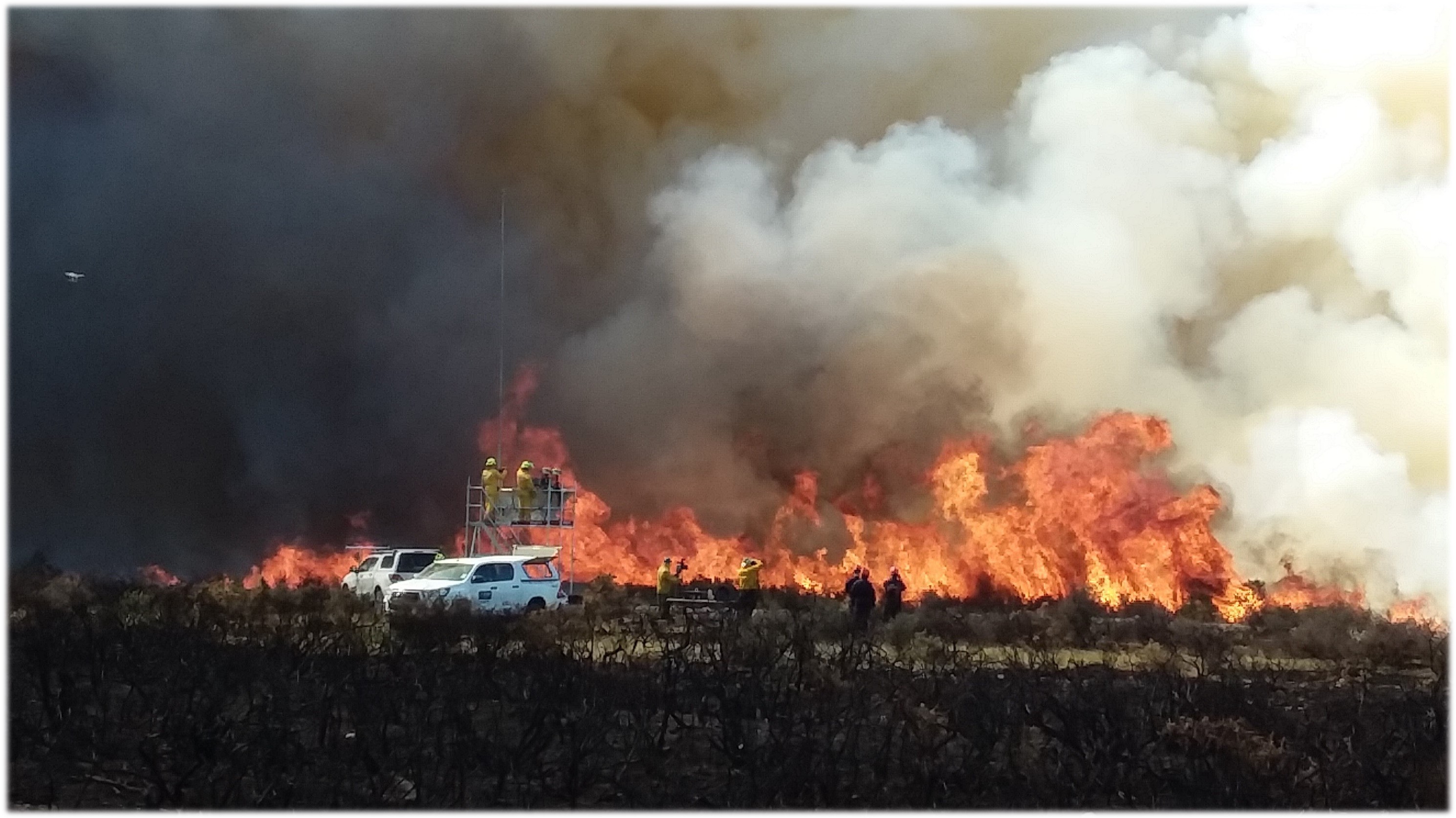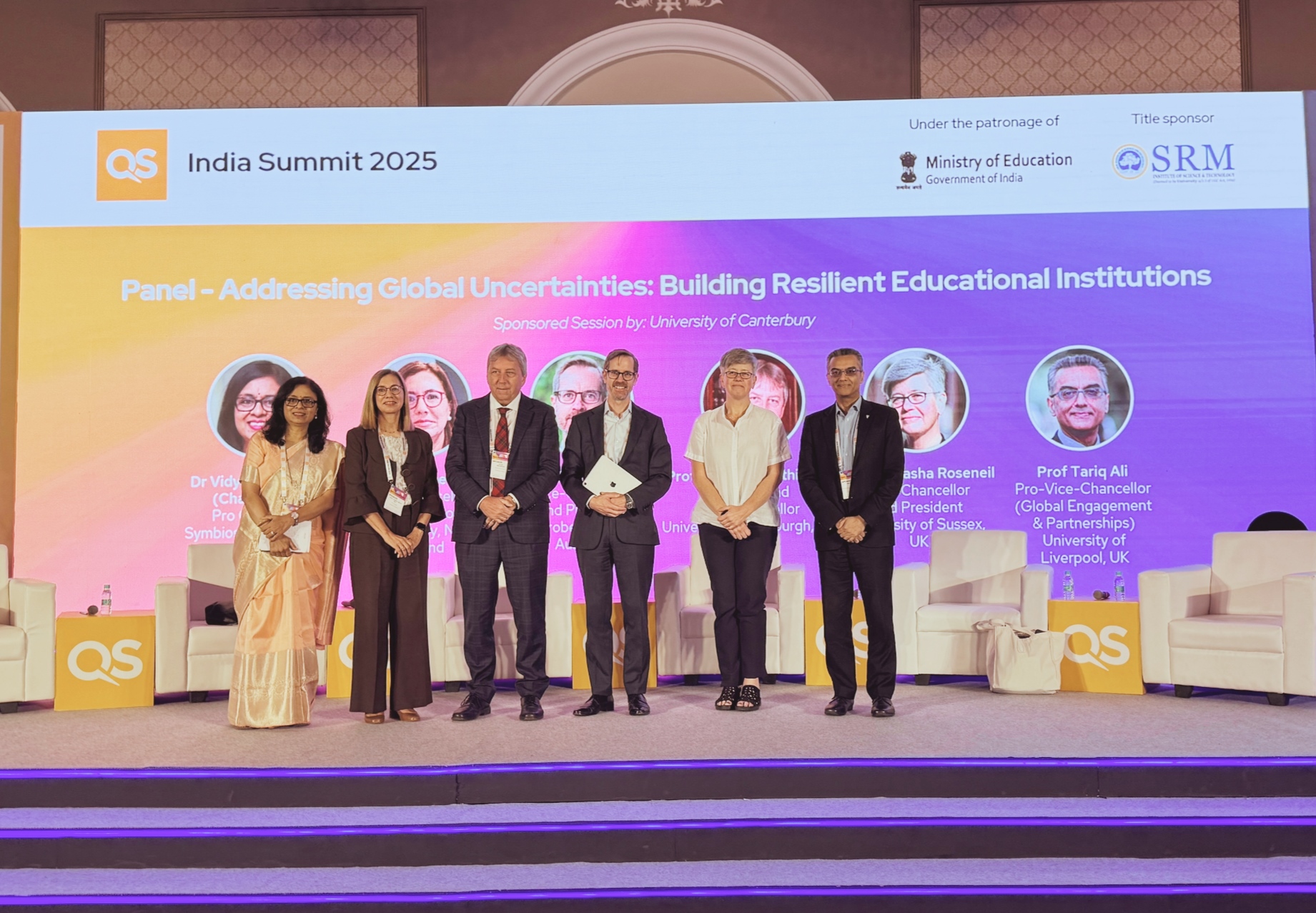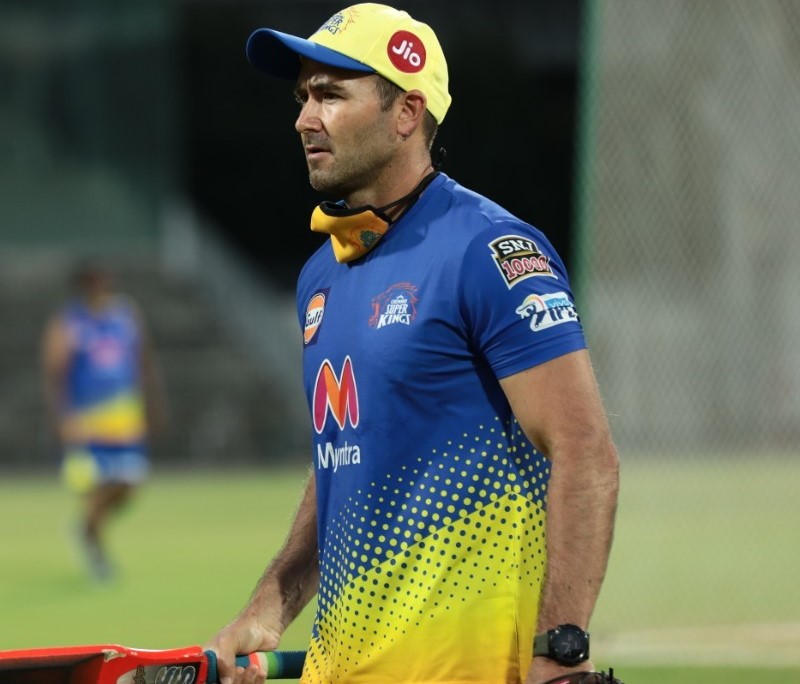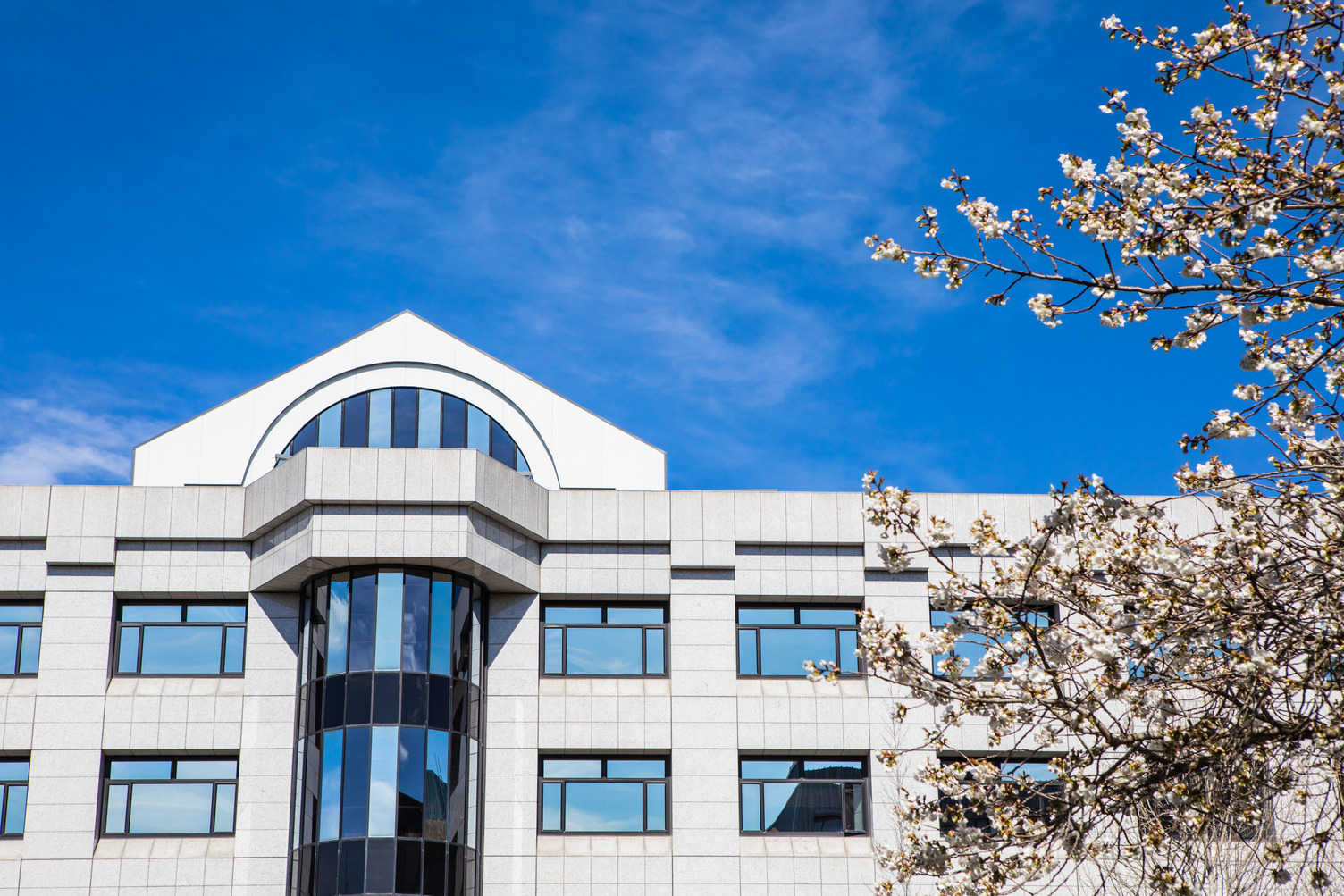University of Canterbury experts in relationships and sexuality education Dr Rachael Dixon (left) and Tracy Clelland.
University of Canterbury (UC) experts in this area Dr Rachael Dixon and Tracy Clelland have been awarded the Ministry of Education contract to create effective practice showcases and educator resources to help schools and teachers implement the guidelines.
With big topics like gender identity, consent and availability of online pornography demanding critical analysis by young people, the new developments are important.
“The guide was written in 2001, updated in 2015 and revised again in 2020, so the Ministry has recognised that even in those four intervening years to 2020 the world has changed quite a lot in what young people are accessing and how they are accessing not just explicit material online, but information and false information,” Dixon says.
“As a young person, how do you learn about safer sex practices? About potentially harmful or unsafe communications with others? We need to start these conversations in an age appropriate way, right from year 1 actually.”
The resources are being designed to empower educators to help young people to find reliable information and think critically about issues.
“So in a pornography education context, for example, the learning outcomes create critical thinkers who can look at issues such as gender norms, consent and healthy relationships. This creates spaces to have meaningful conversations about the reality of relationships and sexuality in the digital age. Research tells us that young people want quality RSE and that the taboo around this topic does not support their wellbeing,” Clelland says.
In this latest piece of work, Dixon and Clelland, who both taught in schools before joining UC, are hoping to expand teachers' ideas about what RSE is and how it can be meaningfully explored in a school context.
The effective practice showcases will be a series of videos and the educator resources and will be predominantly text-based resources. The suite of resources spans topics such as community consultation, inclusive school culture, programme planning and design, and teaching and learning.
“We are excited to be able to feature the voices of diverse young people, teachers and school leaders in this work. We want to empower teachers and schools to design and teach relationship and sexuality education programmes of learning that reflect their learners’ realities and that respond to diverse learning needs. In turn, this will improve the quality of learning in RSE for our young people,” Dixon says.
The resources will be housed on a dedicated section of the Ministry of Education’s wellbeing website, with an expected release date of term three 2021.


